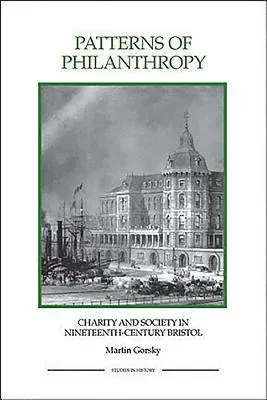Martin Gorsky
(Author)Patterns of Philanthropy: South African and Pan-AfricanistPaperback, 15 September 2011

Qty
1
Turbo
Ships in 2 - 3 days
In Stock
Free Delivery
Cash on Delivery
15 Days
Free Returns
Secure Checkout

Part of Series
Royal Historical Society Studies in History New
Part of Series
Royal Historical Society Studies in History New Series Royal
Print Length
288 pages
Language
English
Publisher
Boydell Press
Date Published
15 Sep 2011
ISBN-10
1843836378
ISBN-13
9781843836377
Description
Product Details
Author:
Book Format:
Paperback
Country of Origin:
GB
Date Published:
15 September 2011
Dimensions:
23.39 x
15.6 x
1.55 cm
ISBN-10:
1843836378
ISBN-13:
9781843836377
Language:
English
Location:
Woodbridge
Pages:
288
Publisher:
Series:
Weight:
408.23 gm